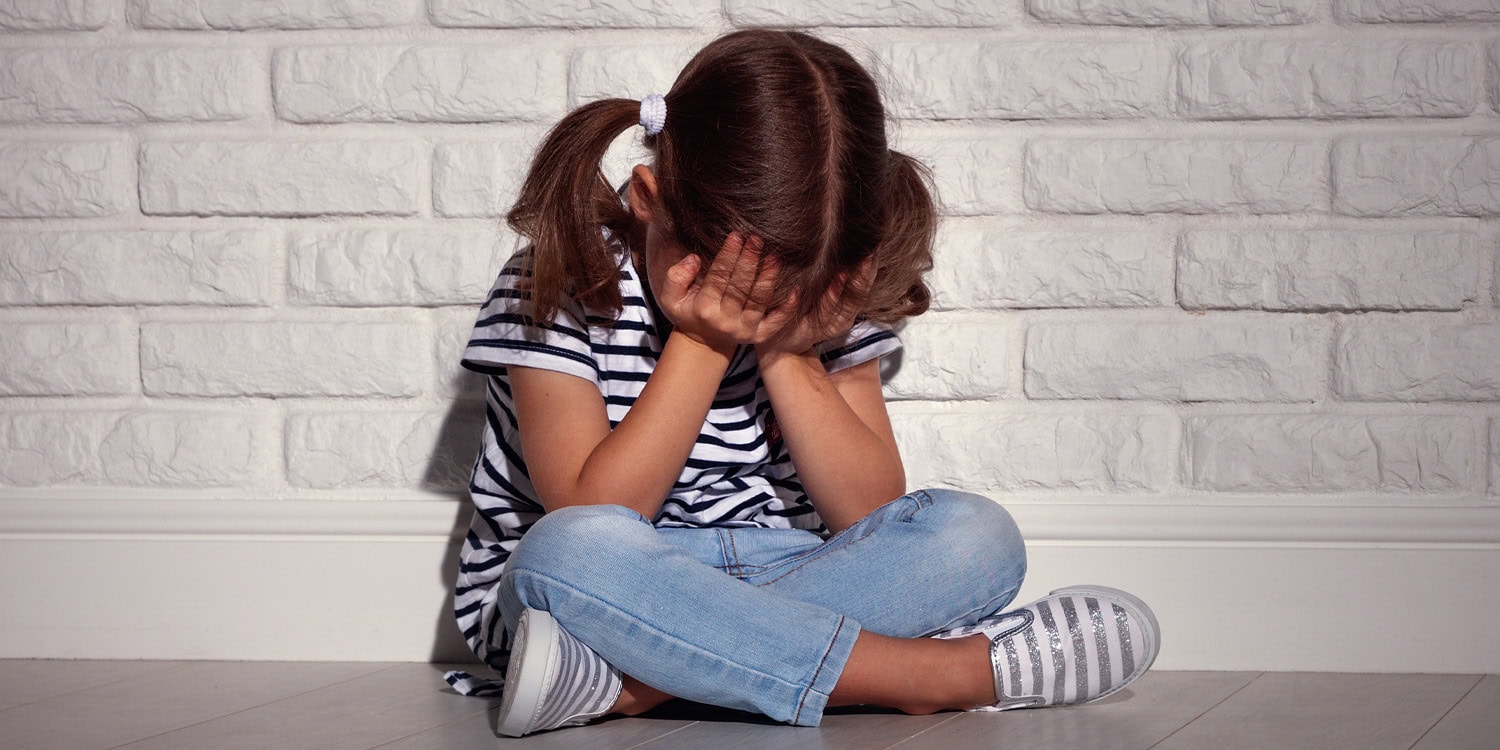A study of adults from the US Midwest who experienced childhood maltreatment found that those with objective records of maltreatment tended to show pervasive cognitive deficits compared to individuals without such records. These cognitive deficits were not observed in individuals who self-reported childhood maltreatment but lacked objective documentation. The research was published in The Lancet Psychiatry.
Childhood maltreatment refers to abuse or neglect experienced by a child, typically at the hands of a caregiver, parent, or other authority figure. It can take many forms, including physical abuse, emotional abuse, sexual abuse, and neglect.
Physical abuse involves causing bodily harm or injury to the child, while emotional abuse includes behaviors such as constant criticism, humiliation, or manipulation that harm the child’s psychological well-being. Sexual abuse refers to any sexual activity with a child, often involving exploitation or coercion. Neglect, on the other hand, occurs when a child’s basic needs—such as food, shelter, healthcare, and emotional support—are not adequately met.
Childhood maltreatment can have long-term consequences, affecting a child’s physical, emotional, and cognitive development. Survivors of childhood maltreatment are at higher risk of developing mental health issues, including depression, anxiety, post-traumatic stress disorder, and difficulties forming healthy relationships.
Study authors Andrea Danese and Cathy Spatz Widom note that documented childhood maltreatment is believed to trigger toxic biological responses that lead to brain damage, detectable through neuropsychological examinations. However, most studies rely on retrospective self-reports, which are often considered insufficiently reliable or even invalid, rather than objective measures such as documented reports of childhood maltreatment.
With this in mind, Danese and Widom conducted a study to explore whether cognitive impairments in adults, which are thought to result from brain-damaging processes, are more strongly associated with objectively documented or self-reported experiences of childhood maltreatment. Their aim was to determine which of these two types of measures is more reliable in studies of childhood maltreatment.
The study participants included 908 individuals from documented cases of childhood physical and sexual abuse and neglect, and a matched group of 667 individuals without any documented cases of abuse or neglect. The group of children who survived childhood maltreatment was formed in 1986 and interviewed on three occasions: in 1989–1995, 2000–2002, and 2003–2005.
The authors used official reports of child abuse and neglect involving study participants as objective measures of childhood maltreatment. They exclusively considered court-documented cases involving children younger than 12 years at the time of the abuse or neglect.
Subjective measures of childhood maltreatment were based on participants’ self-reports, including the Conflict Tactics Scale, the Self-Report of Childhood Abuse Physical, and an assessment of childhood neglect developed by the study authors. During the interviews, participants also completed a series of cognitive assessments (the Quick Test, the Wide Range Achievement Test-Revised Level II, the Stroop Test, the Trail Making Test, and part of the Wechsler Adult Intelligence Scale) and assessments of depression and anxiety symptoms (the Beck Anxiety Inventory and the Center for Epidemiologic Studies Depression Scale).
Participants with official records of childhood maltreatment showed, on average, cognitive deficits in most tests compared to participants without such records. The magnitude of these differences was low to moderate. In contrast, participants who recalled childhood maltreatment experiences but had no objective records did not show cognitive deficits compared to those without any maltreatment experiences.
However, participants who self-reported childhood maltreatment (with or without objective records) tended to experience more episodes of depression and anxiety compared to individuals without such self-reports. Participants with only objective records of maltreatment did not show an increased risk of depression or anxiety.
“We found that cognitive deficits are concentrated among individuals with objective experiences of childhood maltreatment and not observed in those with subjective measures. Cognitive deficits did not explain the associations between different maltreatment measures and later psychopathology. Differential associations of objective and subjective experiences of maltreatment with cognitive deficits point to differences between the constructs identified by either measure,” the authors concluded.
The findings suggest that using only retrospective self-reports may obscure the significant cognitive impairments that are more prevalent in those with documented histories of childhood neglect, potentially leading to an underestimation of the long-term cognitive and functional challenges these individuals face.
“While there are some important exceptions, most research in this area has relied on retrospective reports of childhood maltreatment from adult participants,” Danese said in a news release. “Our study has shown that this reliance on retrospective reports has likely resulted in researchers and clinicians underestimating the extent to which individuals with documented cases of maltreatment, and particularly neglect, are experiencing cognitive deficits.”
“Our study highlights the importance of identifying young people who have experienced neglect so that the proper support can be put in place, for example, to mitigate the negative consequences in education and employment.”
The study sheds light on the link between childhood maltreatment and cognitive deficits. However, it should be noted that the study design does not allow for definitive cause-and-effect conclusions. While it is possible that childhood maltreatment leads to cognitive deficits, it is also possible that children with cognitive deficits are at a higher risk of being maltreated. Other explanations for this link remain open as well.
The paper, “Objective and subjective experiences of childhood maltreatment and their relationships with cognitive deficits: a cohort study in the USA,” was authored by Andrea Danese and Cathy Spatz Widom.




